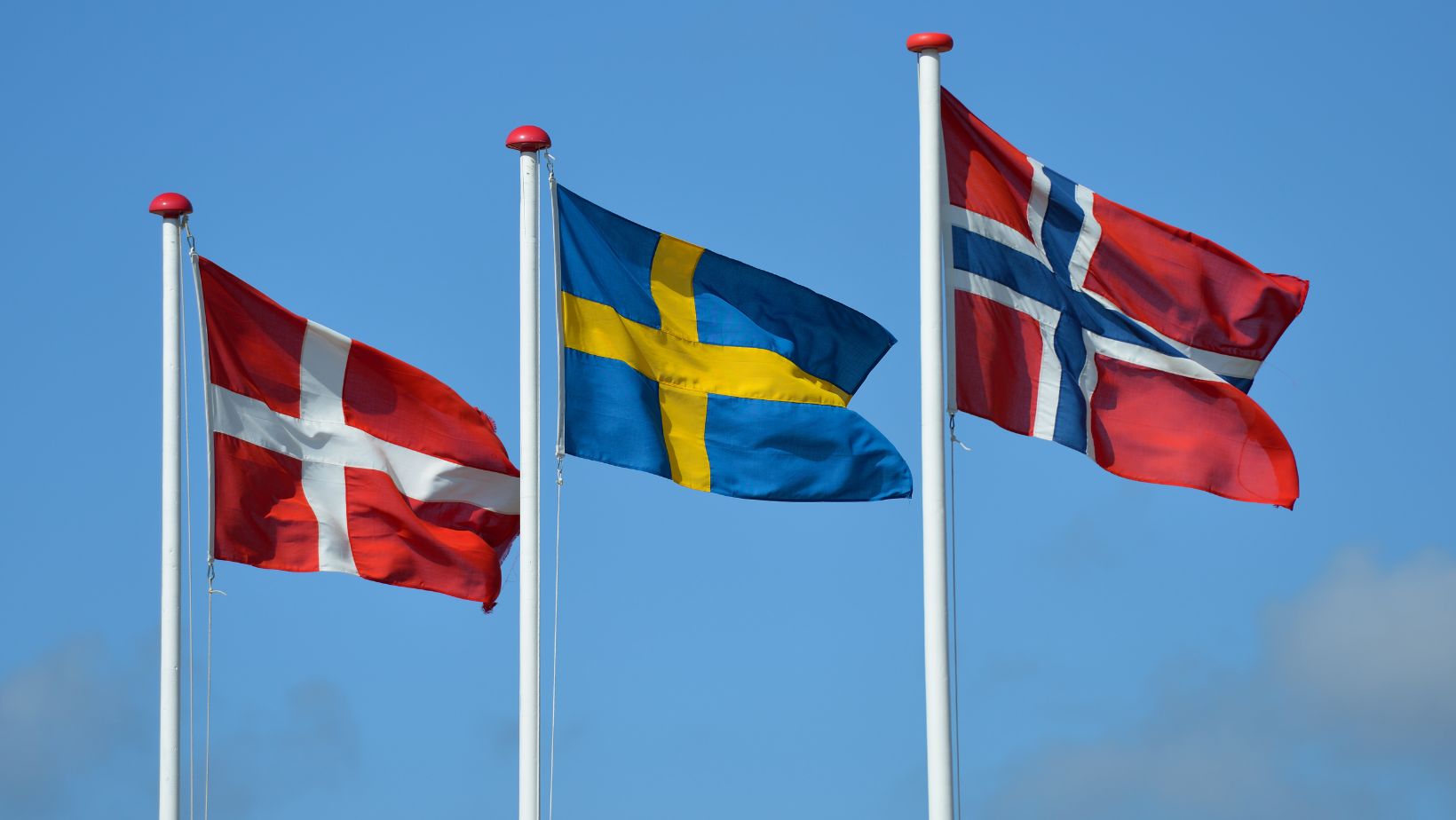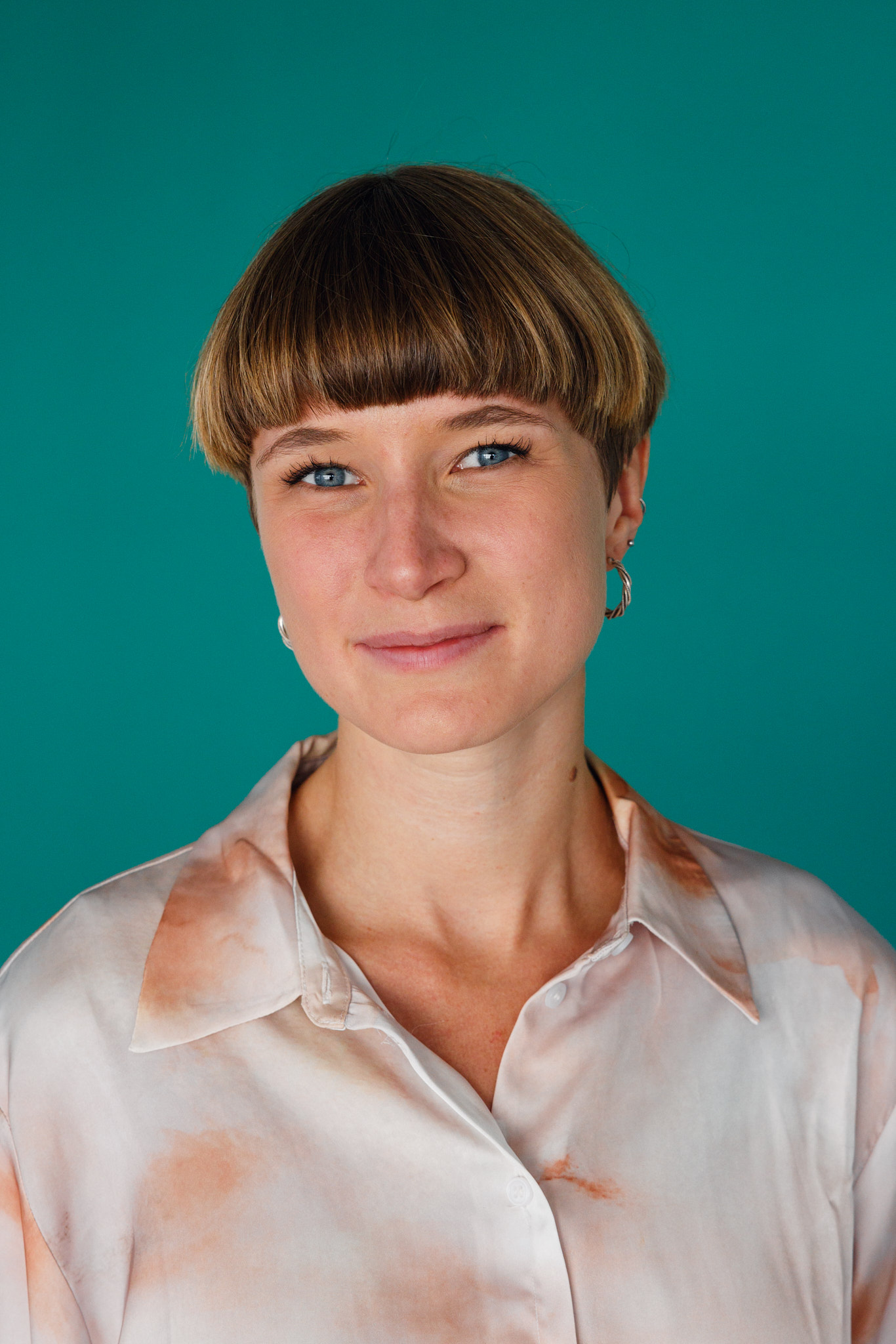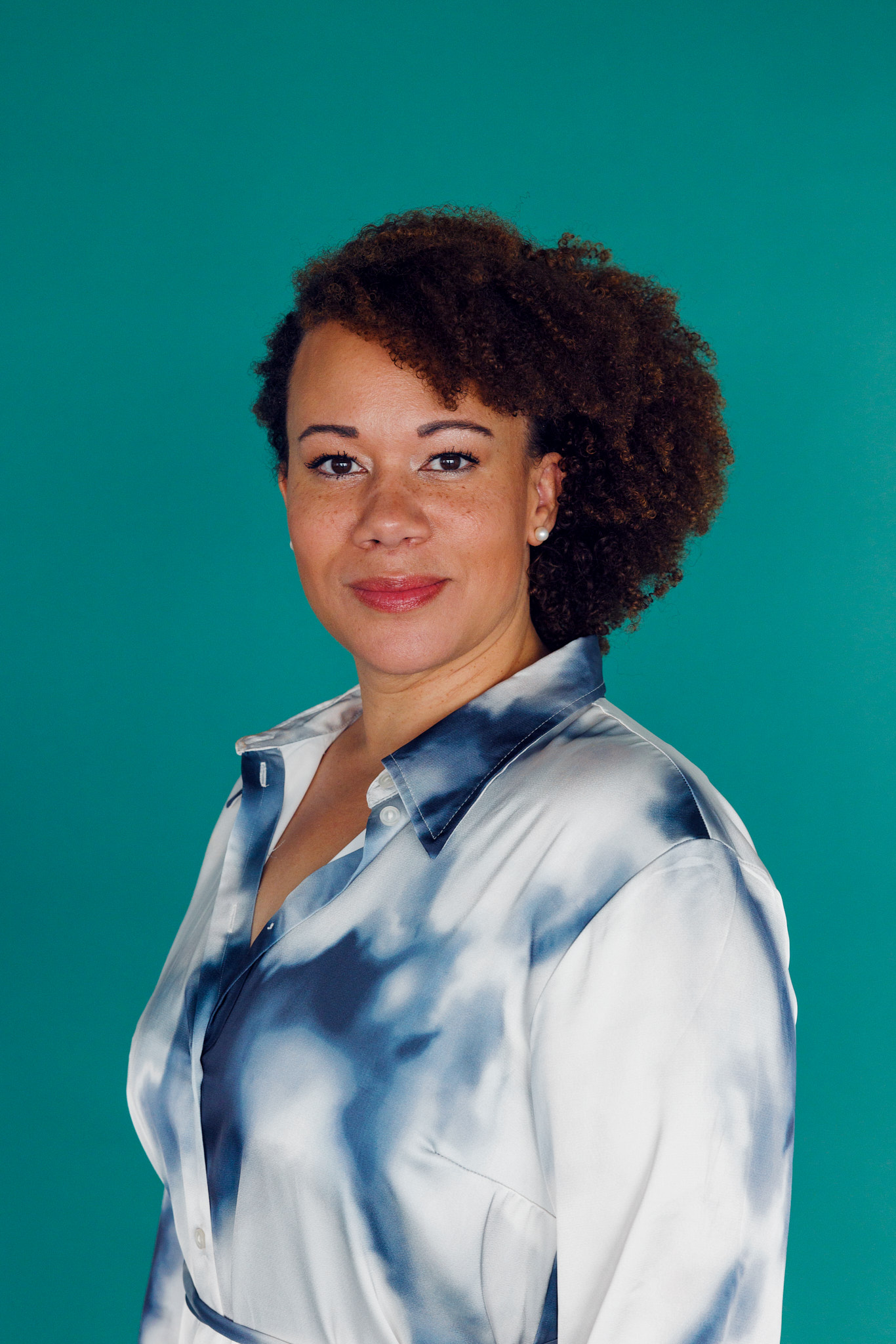Scandinavian exceptionalism, also known as Nordic exceptionalism, is a national narrative and an unconscious bias that almost everyone in Denmark has. Learn more about the concept here and read what we can do to overcome it.

In Scandinavia, we have a perception that we are 'exceptional' at most things.
This also applies to equality and discrimination. The perception that we're already equal and that discrimination doesn't exist here is rooted in our cultural narrative and story about being Danish, Norwegian or Swedish. And this is what we call Scandinavian or Nordic exceptionalism.
The term "Scandinavian exceptionalism" is used in the social sciences to describe what makes the Nordic welfare models special. It provides an outside perspective on the Nordic countries and is about how they have a special way of organizing the relationship between individual, state and market.
This model is characterized by a number of cultural ideas and values. There is a strong sense of community and solidarity, but there is also room for individualism. Sexual liberation and gender equality are important elements, as well as a strong focus on the environment and sustainability. These values and practices shape the Nordic identity and contribute to the idea that the Nordic countries have developed a unique model of society that differs from the rest of the world.
Scandinavian exceptionalism is an unconscious bias that most people in Scandinavia have. In other words, we are not aware that we have a stereotypical and often fixed perception that we are "better than others" in several areas by virtue of being Scandinavian and having a welfare state that basically offers everyone equal opportunities for participation.
What are the consequences?
This bias comes with some unfortunate consequences. Scandinavian exceptionalism means that we unconsciously have prejudices and expectations of both ourselves and certain people or groups, and this can be a barrier to equality, equal opportunities and equal dignity.
Scandinavian exceptionalism is a doorstop for gender equality work - because why should we do anything about gender equality if we don't think it's a problem? This means that when we as Scandinavians are presented with data and statistics that show that we actually have a long way to go towards gender equality, our perception of ourselves as equal and open-minded is shaken. We can become frustrated, angry and deny the truths and perspectives of others.
That kind of data could be, for example:
- The Global Gender Gap Index, which shows that in 2023, Denmark will only rank 23rd when it comes to gender equality. Or that
- That 81% of LGBTQ+ employees have experienced or witnessed discrimination at work, which has negative consequences for their well-being
- Ethnic minority applicants have to send 52% more applications to be invited to the same number of interviews as ethnic Danish applicants.
Scandinavian exceptionalism is one of the reasons why we often face resistance when talking about gender equality - because we think we are already equal.
How do you do away with Scandinavian exceptionalism?
1. Listen and acknowledge
When you find your understanding of an aspect of society being challenged, it's important to listen actively and with an open mind. Take the time to really hear what others are saying without immediately judging or dismissing their views. This may involve asking questions to gain clarity and understanding, as well as acknowledging and respecting different perspectives. By actively listening, you can gain a deeper insight into complex social issues and become more aware of your own biases and limitations.
Recognize that no one has all the answers and that your understanding of an aspect of society can always be expanded and improved. Be humble in your approach to learning and discussion and be open to changing your views when presented with new information and perspectives. This can create a more inclusive and respectful dialog where different opinions can coexist and enrich each other.
2. Fact check
If you're unsure about something or don't believe someone else's argument, check it out. Be curious instead of simply stopping the conversation because your own beliefs are being challenged.
Read books, articles and reports from different perspectives, attend lectures and seminars, and follow debates on topics that interest you. The more knowledge you acquire, the better equipped you will be to understand complex issues and to contribute constructively to discussions.
3. Take the talk
Actively engage in dialogs and discussions with people who have different backgrounds and perspectives. This could be colleagues, friends, or members of your local community. By exchanging ideas and experiences, you can gain a broader understanding of different aspects of society and discover new ways to tackle challenges. Don't be afraid to challenge your own views and allow yourself to change your mind if you are presented with convincing arguments and evidence.
Do you want advice on what your company can do to create more gender equality? Contact us here:



